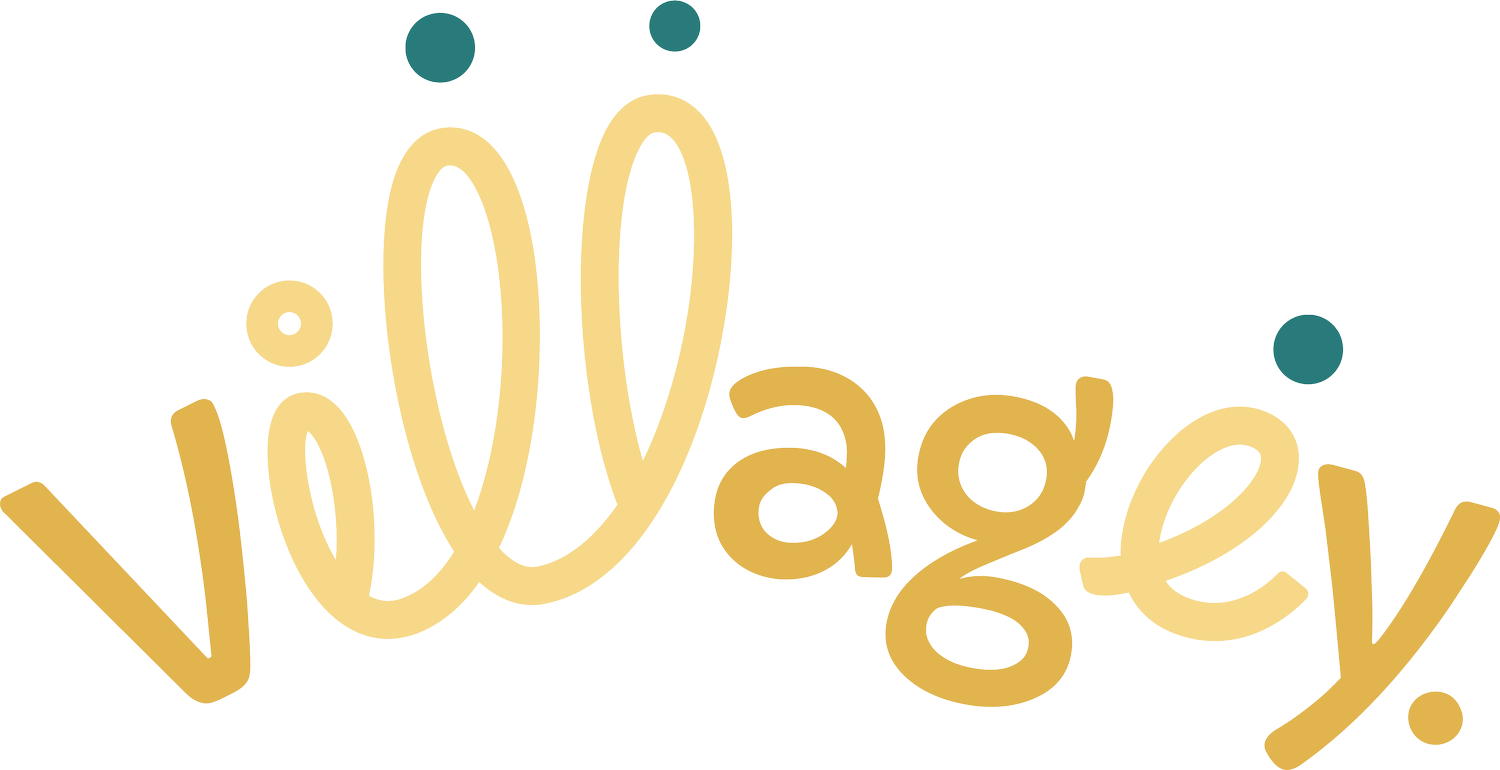Why is asking for Help so Hard?
And why it’s time to make support easier.
Most of us hate asking for help, we rarely do it.
Even when we’re juggling work, school pickups, dinner prep, forgotten library books and the fourth costume parade of the term… we hesitate. We figure it out, stretch a little further, or don’t go at all. Not because we’re falling apart, but because there’s no easy, natural way to ask.
We don’t want to impose. We don’t want to look disorganised. We don’t want to owe anyone.
And so, we carry the mental load quietly, even when we know someone probably would help if we asked.
The support gap no one talks about
We have friendship groups. Family chats. School facebook pages. And yet, the kind of simple, everyday help parents really need, like a quick school run backup or a shared babysitting plan, doesn’t quite fit into any of them.
We don’t want to hire a babysitter for one hour.
We don’t want to over-ask our grandparents.
What many of us are looking for is a middle ground:
A place where small asks and shared help are part of the rhythm, not a big deal.
That’s the space Villagey is exploring.
We’re not meant to do this alone
Humans evolved in shared communities. The idea that one or two adults can raise children in total isolation, without consistent help, is a very modern (and very unrealistic) one.
But somewhere between the rise of individualism and the disappearance of natural support networks, we lost the cultural scripts that made care normal. Asking for help now feels like crossing a line, not something built into daily life.
We don’t have to go back in time.
But we do need to create new ways of sharing the load, ones that feel natural, safe, and sustainable.
At Villagey, this is the question we’re sitting with every day:
What would it take to make support feel normal again?
We’re starting small, with chats, casual meetups, and low-pressure ways for parents to connect.
Because before we can make help easier to give or receive…
we have to make it okay to ask.
